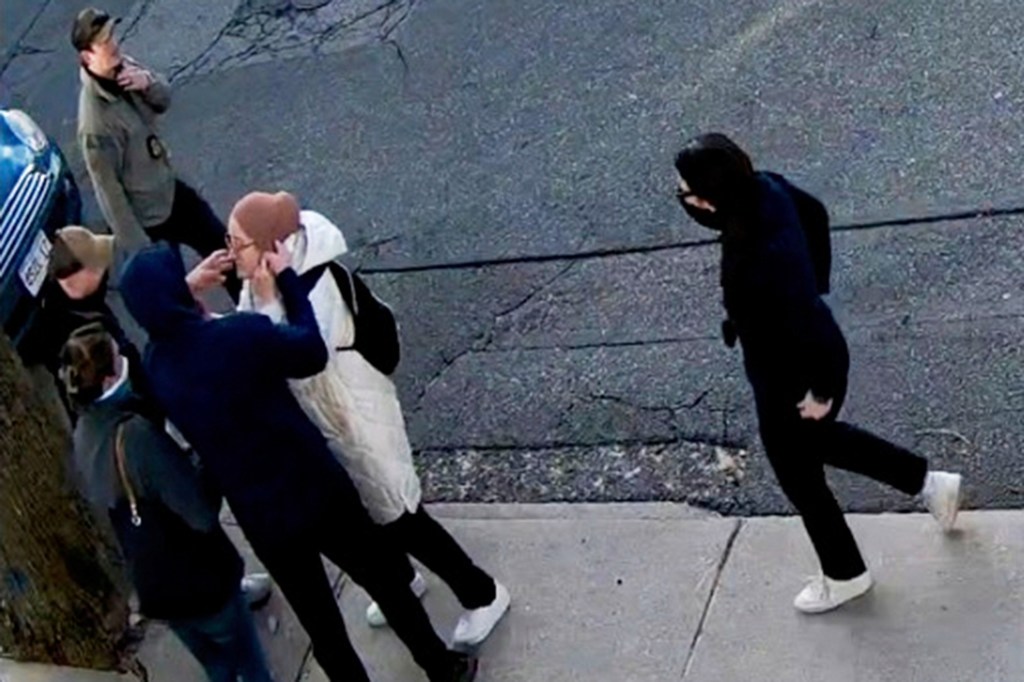
Hundreds of student visas revoked. Peaceful, long-time residents being deported. People being detained with no criminal charges.
We’ve all heard these stories in the last few weeks, as the Trump administration’s crackdown on immigration (legal and illegal) picks up steam. Judging by how this crackdown is being reported by the media, one would assume everything the Trump administration is doing on immigration is blatantly illegal and unprecedented. But the truth is that many aspects of this crackdown are exactly what the U.S. immigration system allows the government to do.
It is true that some of the administration’s recent actions on immigration are unprecedented and, as many legal scholars have argued, most likely unconstitutional—such as invoking the Alien Enemies Act during peacetime to ship Venezuelans to a maximum security prison in El Salvador without due process (set that extreme aside for now—it deserves its own article). But several of the administration’s actions are well within the confines of the law. It’s just that the administration is enforcing existing regulations to their maximum extent now.
Secretary of State Marco Rubio has gloated about the fact that the State Department has revoked hundreds of student visas in recent days, and some universities are claiming that the revocations were carried out with no explanation. In some cases, the State Department has said that the students were supportive of Hamas in some way, including by participating in campus protests. At least one student whose visa was revoked, Rumeysa Ozturk, was detained by masked ICE agents, and the footage of the arrest sent chills across the backs of many Americans.
While revoking visas en masse without apparent explanation and detaining and deporting students may seem to be outside of the boundaries of the law, it is not. The Immigration and Nationality Act does not require criminal conduct to revoke a visa or place individuals in removal proceedings thereafter. Congress has given the Secretary of State the discretion to revoke visas unilaterally. Per Secretary Rubio, he’s revoking visas for people who engage in activities that “are counter … to our foreign policy,” without adding much detail as to what those activities are, or how these students may impact U.S. foreign policy.
As David Bier, director of immigration studies at the Cato Institute, explained in an interview, “visa holders have no right to their status, and [Secretary Rubio’s] assertion that they are a foreign policy problem is enough [to revoke their visas]”. No further explanation or process is needed.
Bier further explained that Ozturk’s arrest and detention are technically legal, and she can be deported if she effectively loses her student visa status.
Unilaterally revoking visas for people with no criminal record, detaining them and deporting them for no clear offense is not against the law, and thousands of noncitizens have been subject to this treatment for years. While commentators may find appalling that this is done with no evidence nor much explanation, it is in keeping with the law — visa holders are at the mercy of the State Department. (Green card holders have more protections, and the distinction between a visa and a green card — legal permanent residency — is often blurred by pundits who aren’t familiar with the immigration system.)
The deportation of long-time residents here illegally, even if they don’t have a criminal record, is also within the law. The fact that previous administrations exercised discretion in deportation doesn’t mean a new administration can’t change priorities.
Recently, some people expressed concern over the deportation of Gladys and Nelson Gonzalez, a Laguna Niguel couple of Colombian origin who had been living here peacefully and productively for 35 years. The couple was deported despite the Trump administration’s promise that they’d prioritize criminals for deportations. While their deportation may spark moral outrage, the truth is that anyone present in the U.S. without authorization is fair game for deportation—no matter how peaceful they are, whether they have U.S. citizen children, and regardless of any other considerations. Previous administrations’ enforcement priorities sometimes allowed peaceful individuals like the Gonzalez couple to remain in the U.S. That is no more under Trump. (The Gonzalez couple had apparently spent over a decade trying to regularize their situation and become legal, to no avail. The U.S. immigration system is unforgiving.)
It is also the case that offending individuals can be placed in detention without having been accused of a crime and without a warrant and, despite losing their liberty, they don’t enjoy the same procedural rights as actual criminals. Immigration infractions are treated as civil offenses, not criminal ones, which means that detained immigrants have limited procedural rights (e.g.: they don’t have protections against prolonged detentions, no right to government-appointed counsel, ICE has wide discretion over detaining or releasing, and they have limited procedural safeguards). Americans would find losing their freedom for even a day under these conditions absolutely unacceptable, but this has been happening to countless immigrants routinely and it is technically legal.
Cases of detentions, deportations and increased revoked visas are now being widely publicized. (Other unprecedented measures deserve their own discussion.) But they are in keeping with what immigration legislation has been doing for decades: attempting to keep the vast majority of people out of the United States (I’ve written about other aspects of the system many times). These policies are not unique to Trump. It was only a matter of time until an administration pushed enforcement to its most extreme consequences.
If you find the unilateral cancelation of student visas, the deportation of peaceful people, and the detention of individuals without much due process unjust, cruel and potentially contrary to American values, understand that this is what the immigration system is designed to do. Don’t just blame the enforcers — blame the system and push for Congress to finally pass immigration laws that are worthy of America.
Agustina Vergara Cid is a Young Voices Contributor (joinyv.org) and columnist for the Southern California News Group. You can follow her on X at @agustinavcid
Originally Published:



